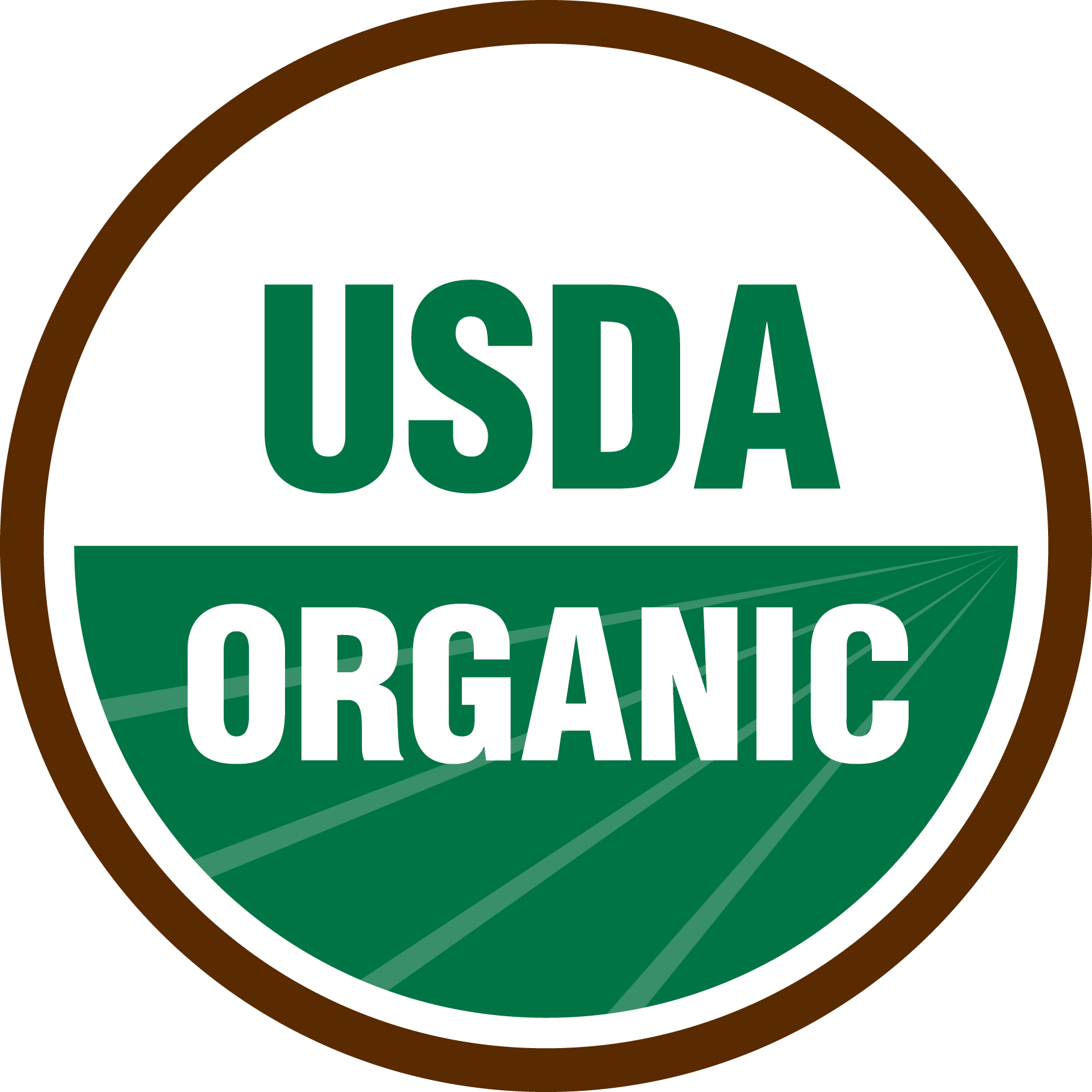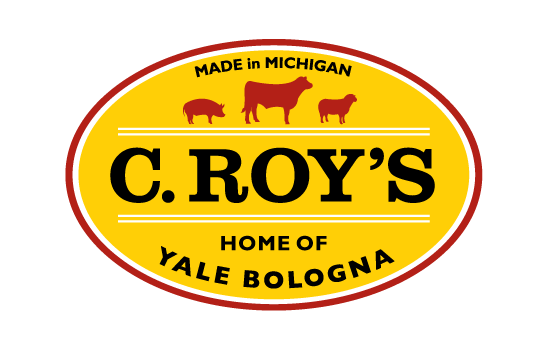ORGANIC & GRASS FED
Organic & Grass Fed (Pastured) Animals
What does “organic” mean?
Simply stated, organic produce and meat are grown without the use of pesticides, synthetic fertilizers, sewage sludge, genetically modified organisms or ionizing radiation. Animals that produce meat, poultry, eggs and dairy products do not take antibiotics or growth hormones.
The U.S.D.A. National Organic Program (NOP) defines organic as follows:
Organic food is produced by farmers who emphasize the use of renewable resources and the conservation of soil and water to enhance environmental quality for future generations. Organic meat, poultry, eggs, and dairy products come from animals that are given no antibiotics or growth hormones. Organic food is produced without using most conventional pesticides; fertilizers made with synthetic ingredients or sewage sludge, bio-engineering; or ionizing radiation. Before a product can be labeled “organic” a government-approved certifier inspects the farm where the food is grown to make sure the farmer is following all the rules necessary to meet USDA organic standards. Companies that handle or process organic food before it gets to your local supermarket or restaurant must be certified too.
Pasture-raised (Grass Fed)
Truly sustainable livestock farming requires the use of a pasture-based system. Pasture-raised animals roam freely in their natural environment where they’re able to eat nutritious grasses and other plants that their bodies are adapted to digest. In addition to dramatically improving the welfare of farm animals, pasturing also helps reduce environmental damage and yields meat, eggs and dairy product that are tastier and more nutritious than foods produced on factory farms.
Animal health benefits
- Animals raised on pasture enjoy a much higher quality of life than those confined within factory farms (feedlots). When raised on an open pasture, animals are able to move around freely and carry out their natural behaviors. This lifestyle is impossible to achieve on industrial farms, where thousands of animals are crowded into confined facilities, often without access to fresh air or sunlight. These stressful conditions are a breeding ground for bacteria and the animals frequently become ill, so factory farms must routinely treat them with antibiotics to prevent outbreaks of disease.
- Grazing on pasture is especially beneficial for cattle, whose bodies are developed to eat grass. The roughage provided by grasses and other plants allows ruminants to produce saliva, which helps neutralize acids that exist naturally in their digestive systems.
- Ruminants are hoofed animals with four-chambered stomachs which enable them to digest cellulose. After eating, ruminants regurgitate a semi-digested material called cud, which they chew, then eat. Cows, goats, sheep, bison, deer, camels, llamas, and giraffes are all ruminants. All ruminants are vegetarians by nature.
Keeping small farmers in business
- When you buy pastured meat, you’re not only taking a step to safeguard your health, protect the environment, and improve animal well-being, you’re also supporting sustainable farming and the farmers who choose to practice it. Small, local family farmers are invaluable members of the nation’s rural communities and play a key role as stewards of the land.

